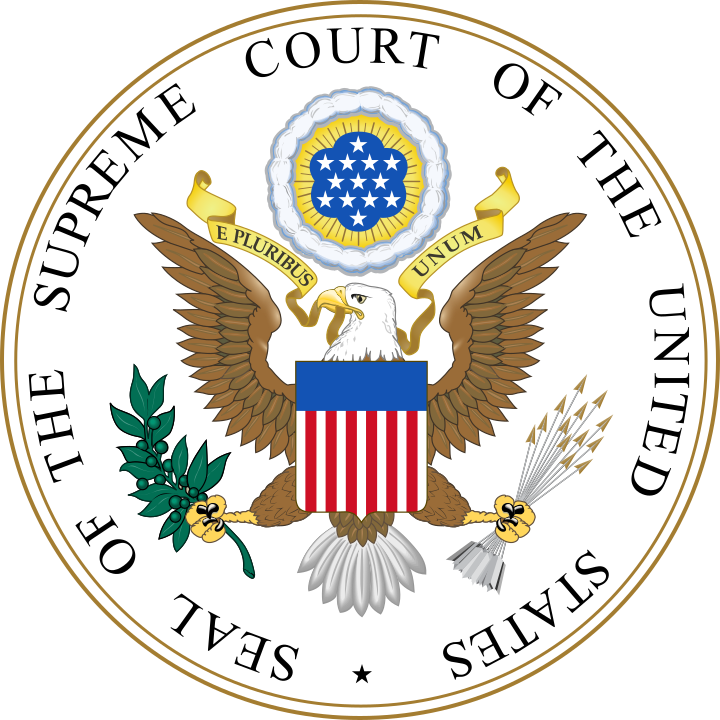U.S. Supreme Court Declines to Hear Challenge Against New Jersey’s LGBTQ Conversion Therapy Ban; Garden State Equality, Named in the Suit, Celebrates Court's Decision

U.S. Supreme Court Declines to Hear Challenge Against New Jersey’s LGBTQ Conversion Therapy Ban; Garden State Equality, Named in the Suit, Celebrates Court's Decision
Today, the Supreme Court of the United States declined to hear King v. Murphy, a challenge against New Jersey’s ban on gay and transgender conversion therapy for minors. Garden State Equality was named in the suit as a respondent.
The Supreme Court’s decision to deny a hearing ensures New Jersey’s law remains in effect and protects bans in fifteen other states across the country, as well as Washington, D.C. and Puerto Rico.
“In rejecting this case today, the Supreme Court recognized what every sensible and compassionate person across New Jersey and this country knows: anti-LGBTQ conversion therapy is dangerous, discredited malpractice. It is nothing short of child abuse, and there is no legal argument to defend this horrible practice," said Garden State Equality executive director Christian Fuscarino. “It’s alarming that this bigotry-driven and legally-hollow case even got to the Justices for consideration, and this is a stark reminder that the rights of LGBTQ people—even here in New Jersey—are constantly under attack.”
Earlier this year, Garden State Equality organized a legal strike team of prominent lawyers, including Garden State Equality board member Thomas Prol, to assist in defending the ban. David Flugman of Selendy & Gay led the litigation effort for Garden State Equality with support from GluckWalrath.
The legal challenge was brought by the anti-LGBTQ group Liberty Counsel, which was designated as a hate group by the Southern Poverty Law Center. Liberty Counsel is based in Florida.
“The science is clear that conversion therapy is dangerous and doesn’t work, yet a few outliers insist on fighting for a constitutional right to irreparably abuse children and young adults,” said Thomas Prol, who is a Garden State Equality board member and part of the litigation team. “This is the same group that proudly declares ‘homosexuality is wrong and unnatural’ while trying to hide their hate behind the guise of ‘religious liberty.’ Fortunately, that doesn’t hold up in court, and we’re relieved the Supreme Court agrees.”
The ban was signed into law in August 2013 by former Governor Chris Christie, a Republican, after being approved by both houses of the state legislature with a veto-proof supermajority. New Jersey was the second state in the nation to pass a ban on conversion therapy for minors. Today, sixteen states, Washington, D.C., and Puerto Rico ban the practice. Legislation is pending in eighteen additional states. Most recently, Colorado’s legislature passed a ban and is imminently awaiting the governor’s signature.
In a signing statement, Governor Christie cited the American Psychological Association’s conclusion that conversion therapy poses “critical health risks” such as depression, substance abuse, and suicidal thoughts while lacking “clear evidence” of any benefits.
In addition to the American Psychological Association, every other major professional medical and mental health organization has rejected conversion therapy as ineffective, unethical and dangerous, including the World Psychiatric Association, National Association of Social Workers, American School Health Association, American Psychiatric Association, American Medical Association, American Academy of Child Adolescent Psychiatry, et al.
The decision to deny a writ of certiorari to Liberty Counsel was made behind closed doors during the U.S. Supreme Court’s conference. A longstanding informal rule requires that a minimum of four Justices must vote to grant cert and hear a case.
###





